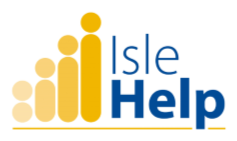- is controlling, coercive, threatening, violent or abusive
- happens between people aged over 16
Domestic violence and abuse can happen to men or women. It includes the following types of abuse:
- psychological
- physical
- sexual
- financial
- emotional
Domestic violence and abuse can include harassment, stalking, female genital mutilation, forced marriage and honour-based abuse. It can also include trafficking.
If you’ve been affected:
If you are the victim of an abusive relationship, you might want to:
- find somewhere safe to stay
- stay in your home and get the person who is harming you to leave
- report the violence to the police
- get a court order to stop your abusive partner from harming or threatening you
- take legal action
- get help from a charity or another organisation
Whatever you want to do, there are organisations that can give you advice and help.
Finding somewhere safe to stay:
You may need somewhere safe to stay, either alone or with your children. You could:
- stay at home – if you think this is safe
- stay with relatives or friends
- stay in a refuge
- get emergency accommodation from the local authority under homeless persons law – this will usually mean a bed and breakfast hostel
- get privately rented accommodation.
How Do I report an incident of adult abuse?
- If you suspect someone is in immediate risk, harm or danger, please telephone the Police on 999
- Alert IOWCC Adult Social Care as soon as possible by calling the Safeguarding Team on or by email
- If you are suffering because of domestic abuse or know someone who is you can call the ‘You First’ freephone helpline: or email
Other Helpful Links:
- IWC Covid update on support available right now
- You First Service run by You Trust who run the refuge, helpline and normally provide outreach
- Citizens Advice IOW Article
- – formerly the Women’s Refuge, supports women who are experiencing difficult times in their lives.
Last updated on 12/06/2020
Call the Safeguarding Team on or email
Or if in immediate danger telephone the Police on 999.

